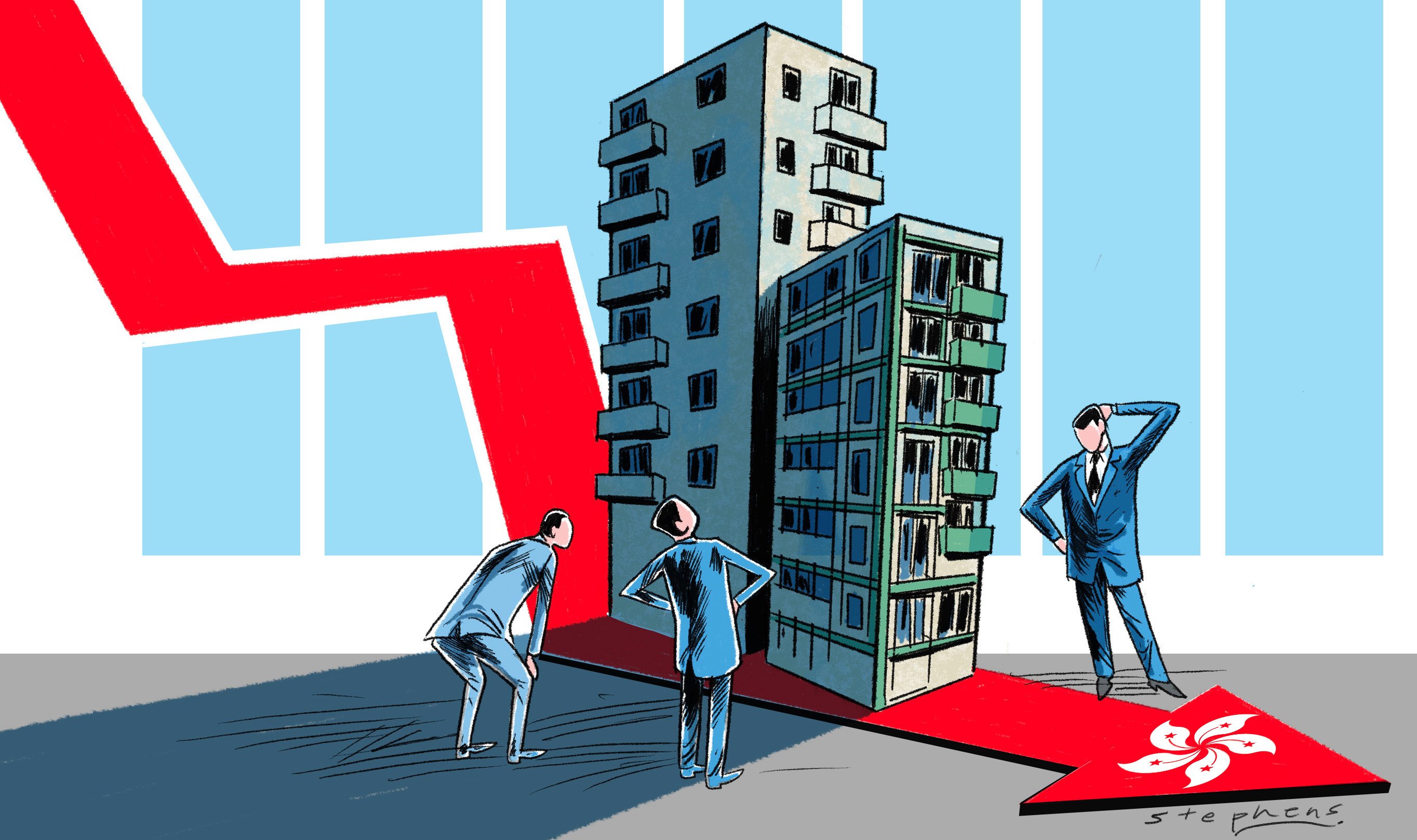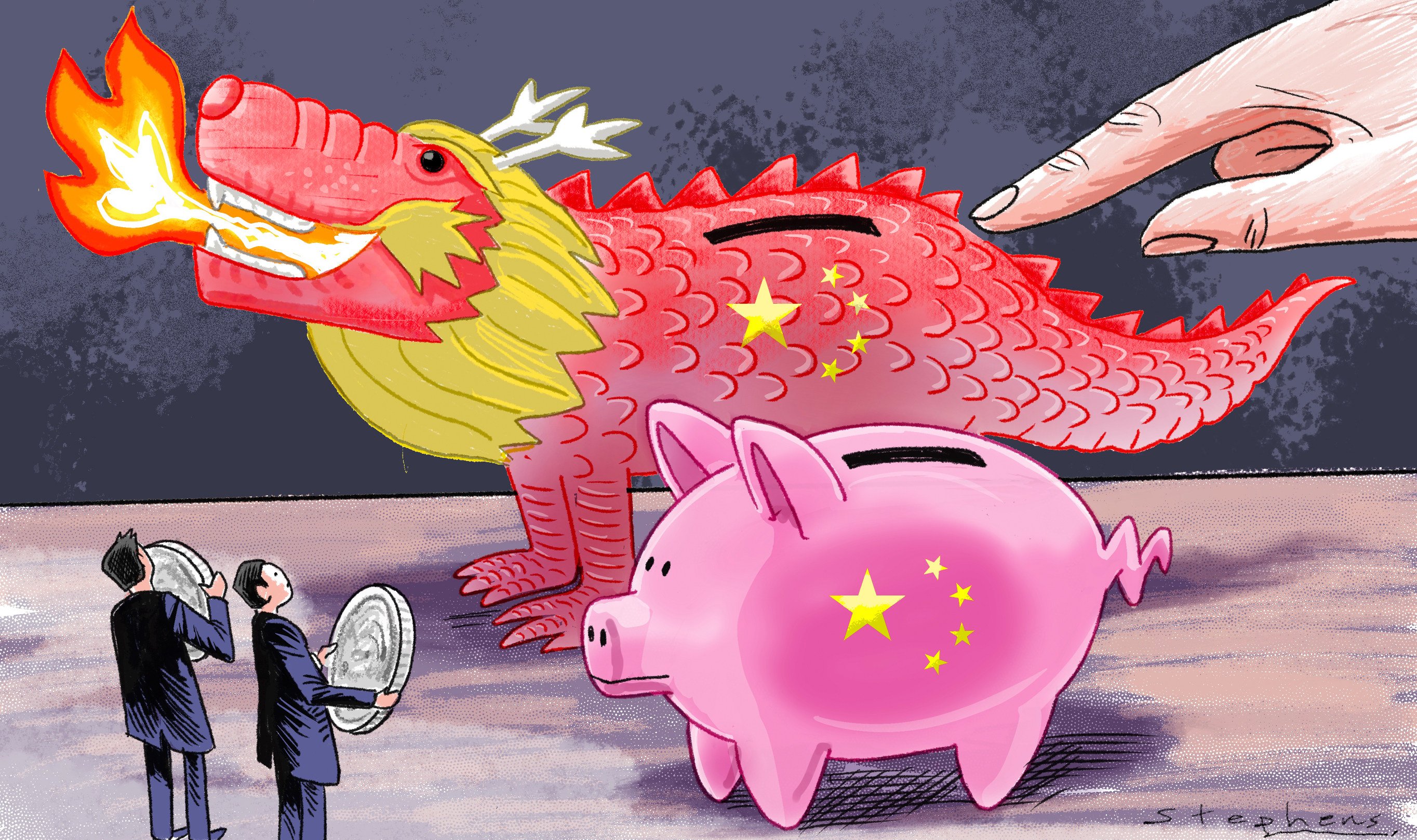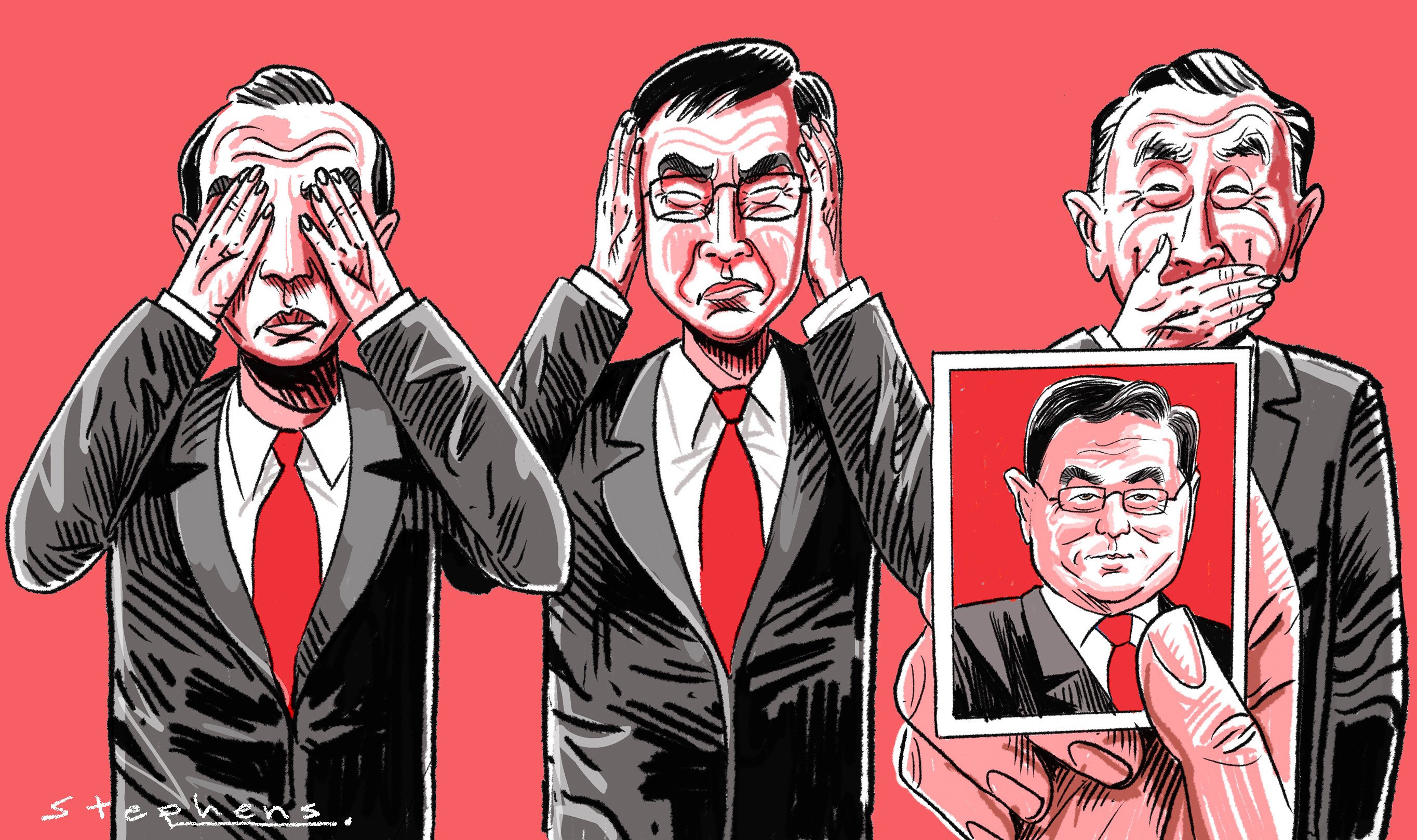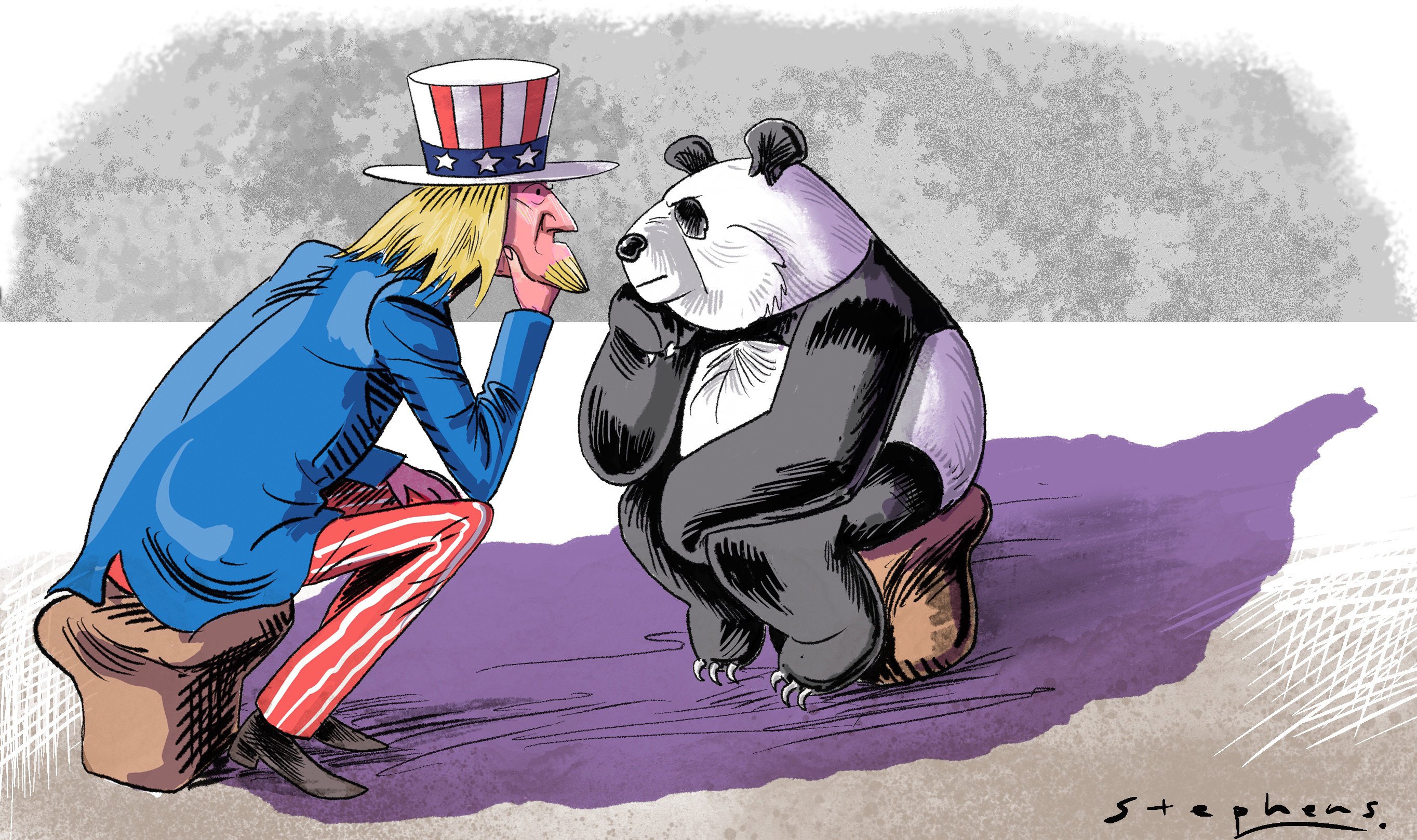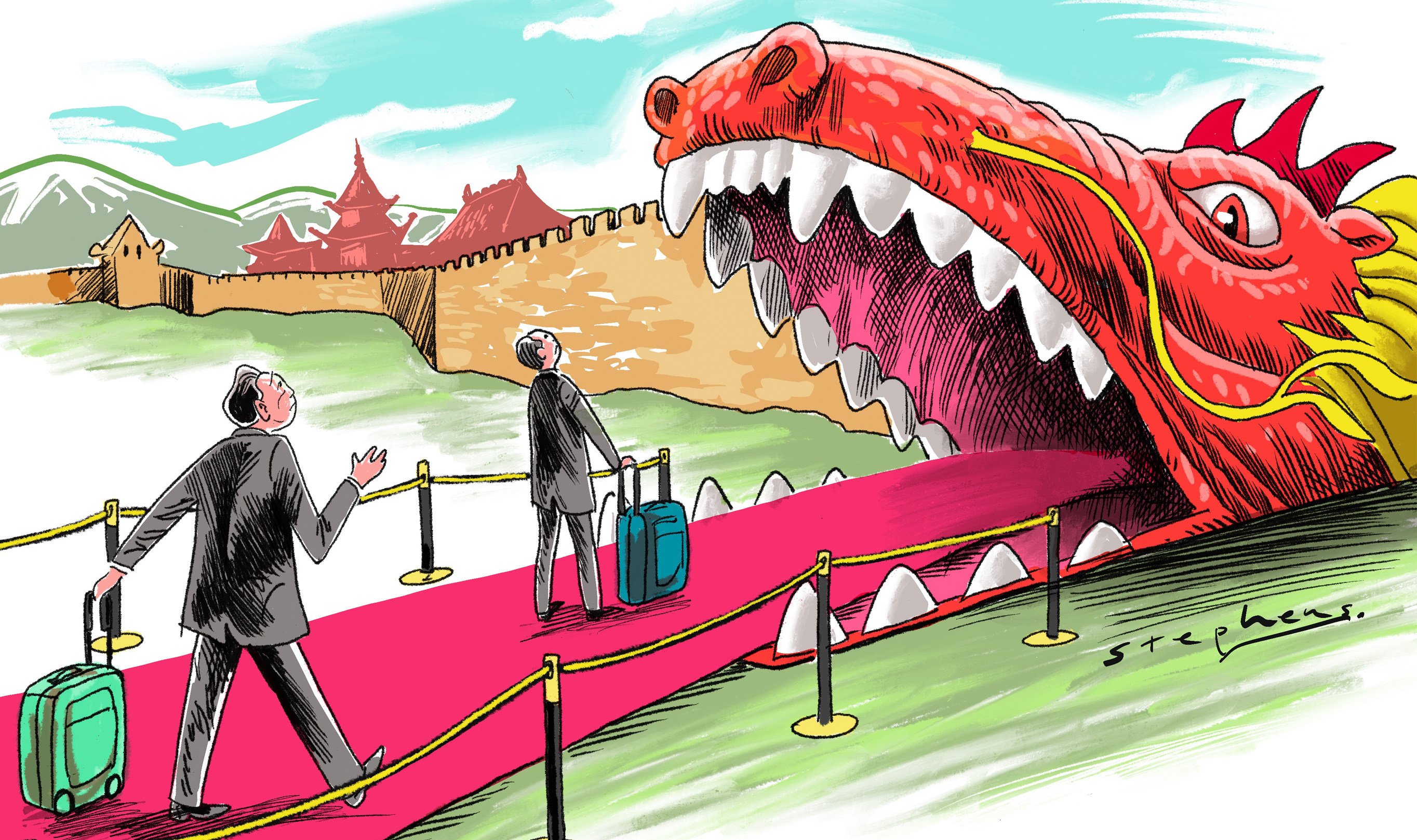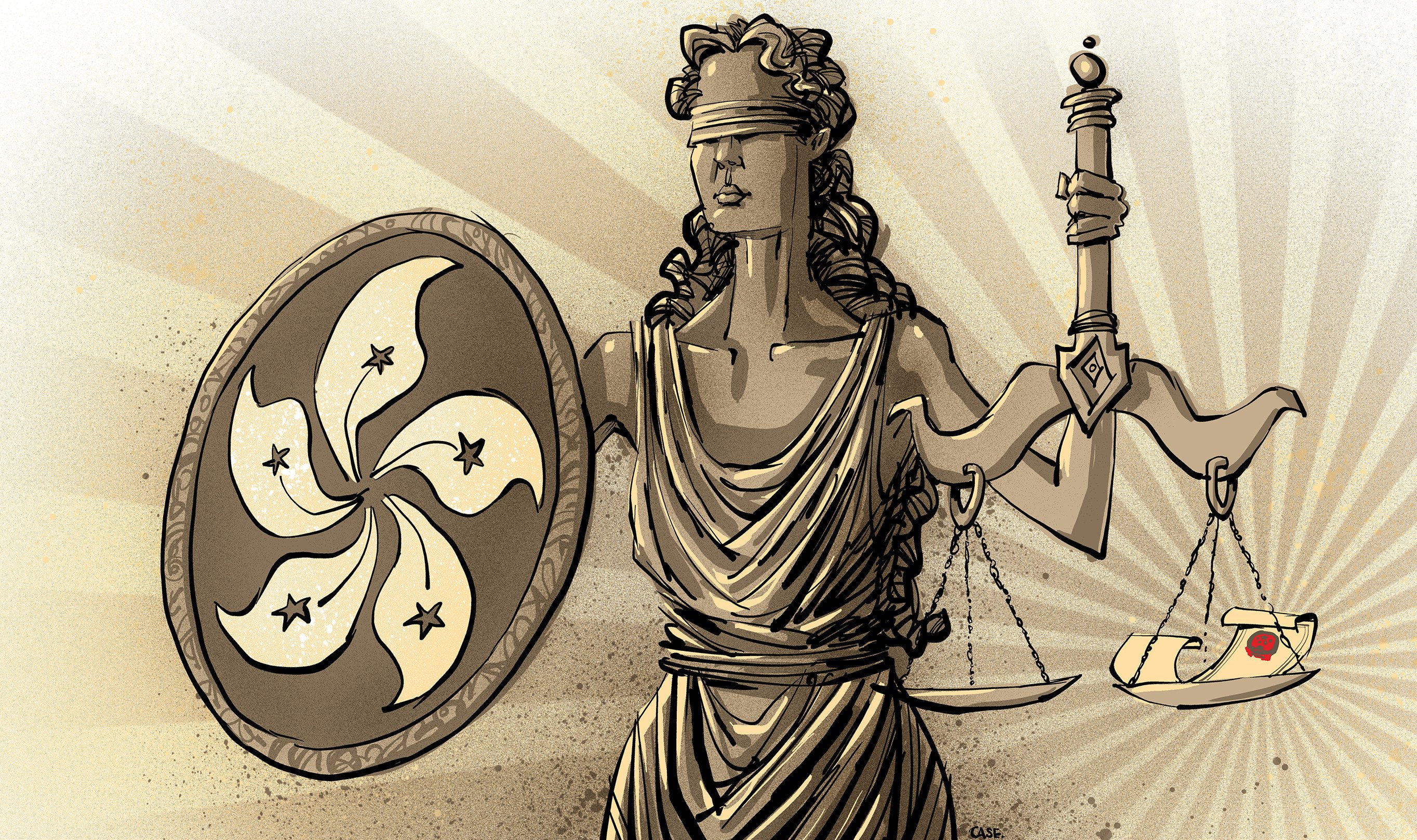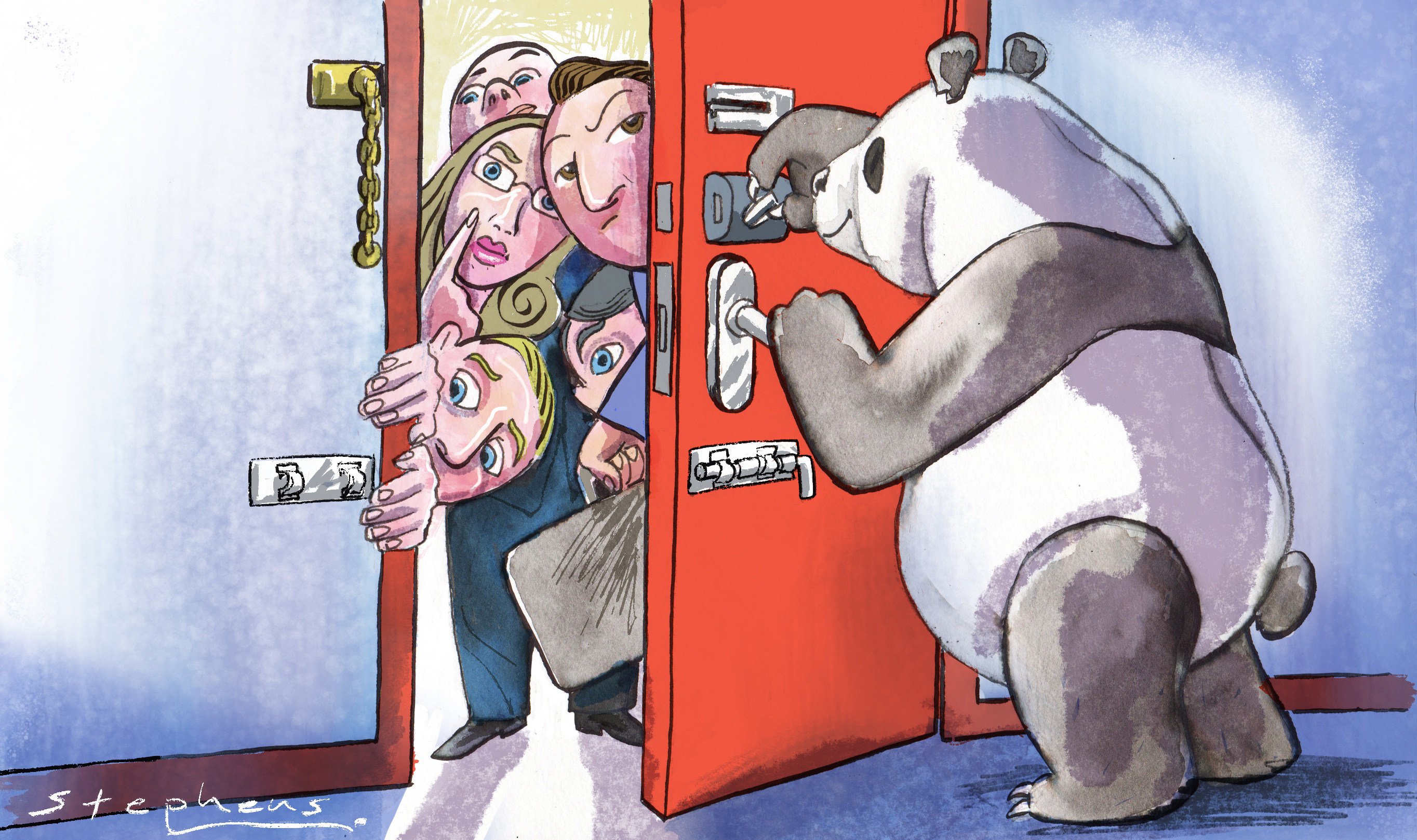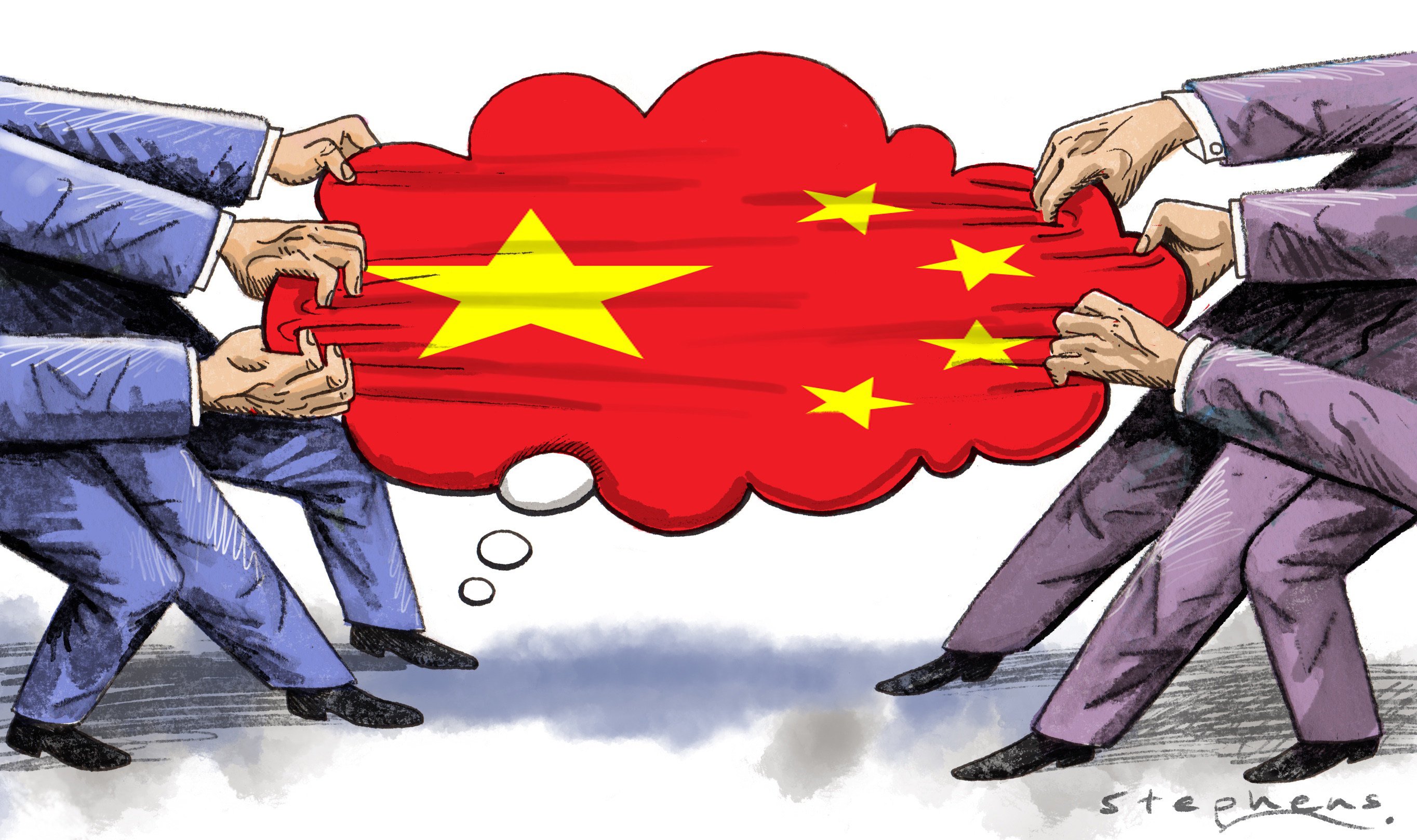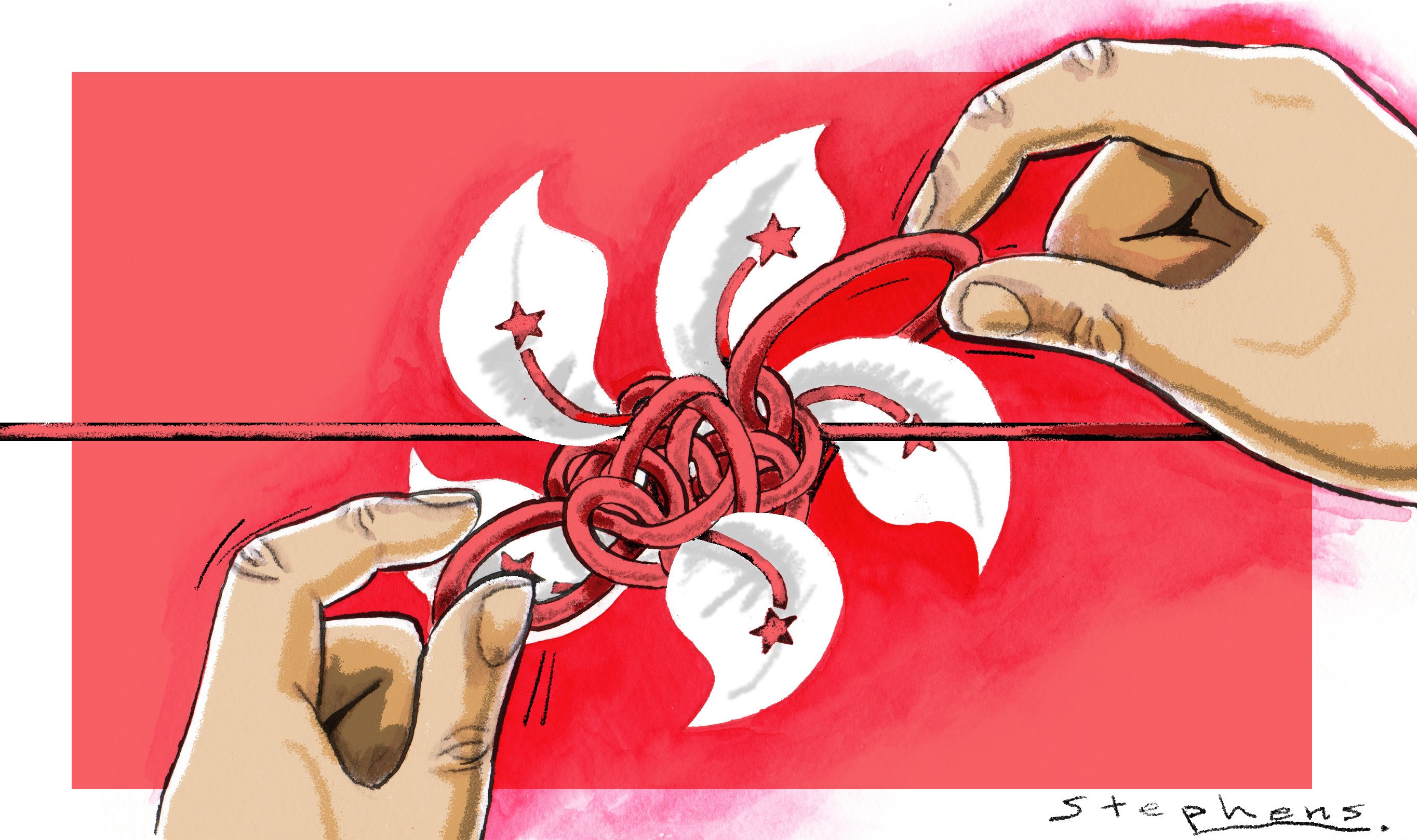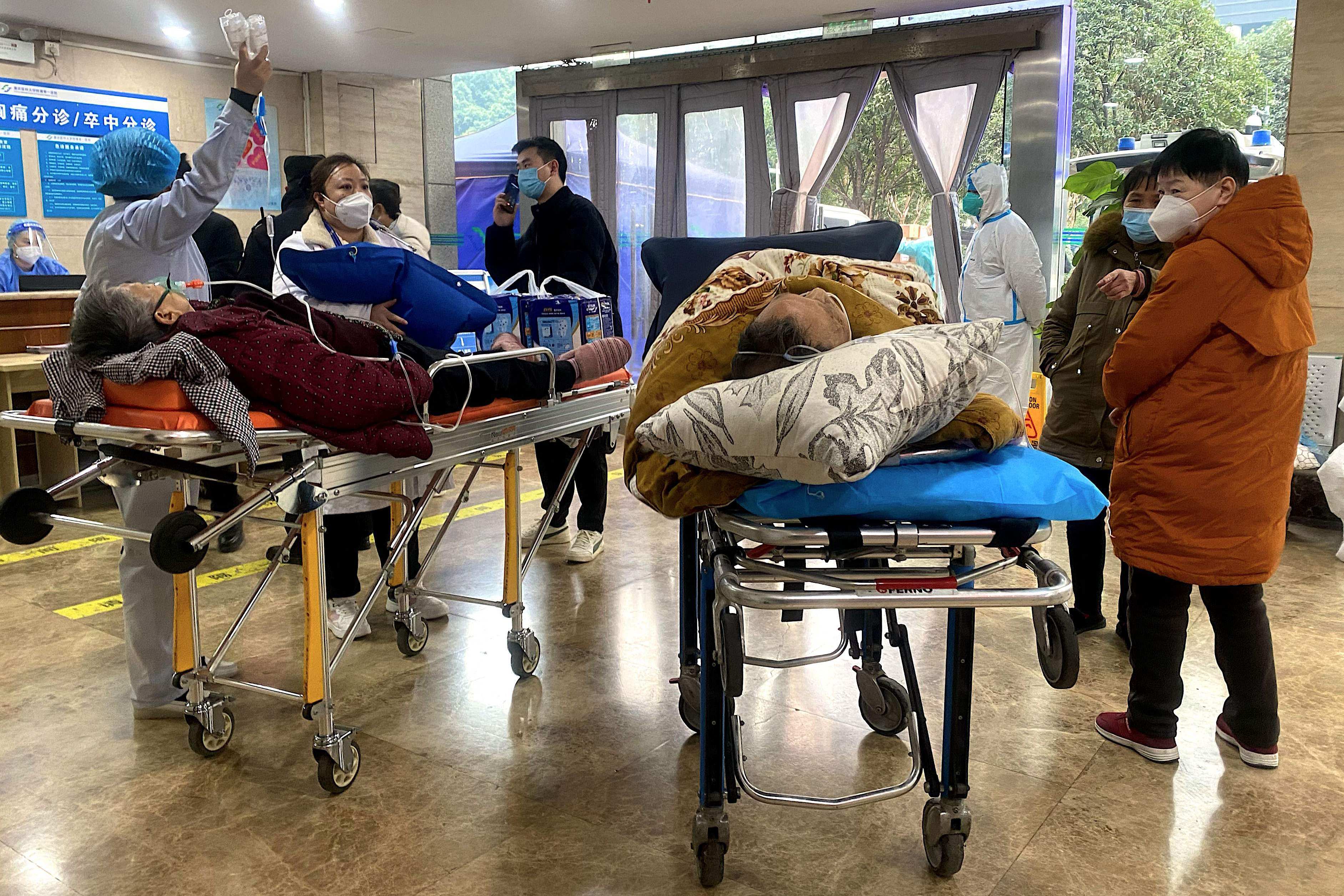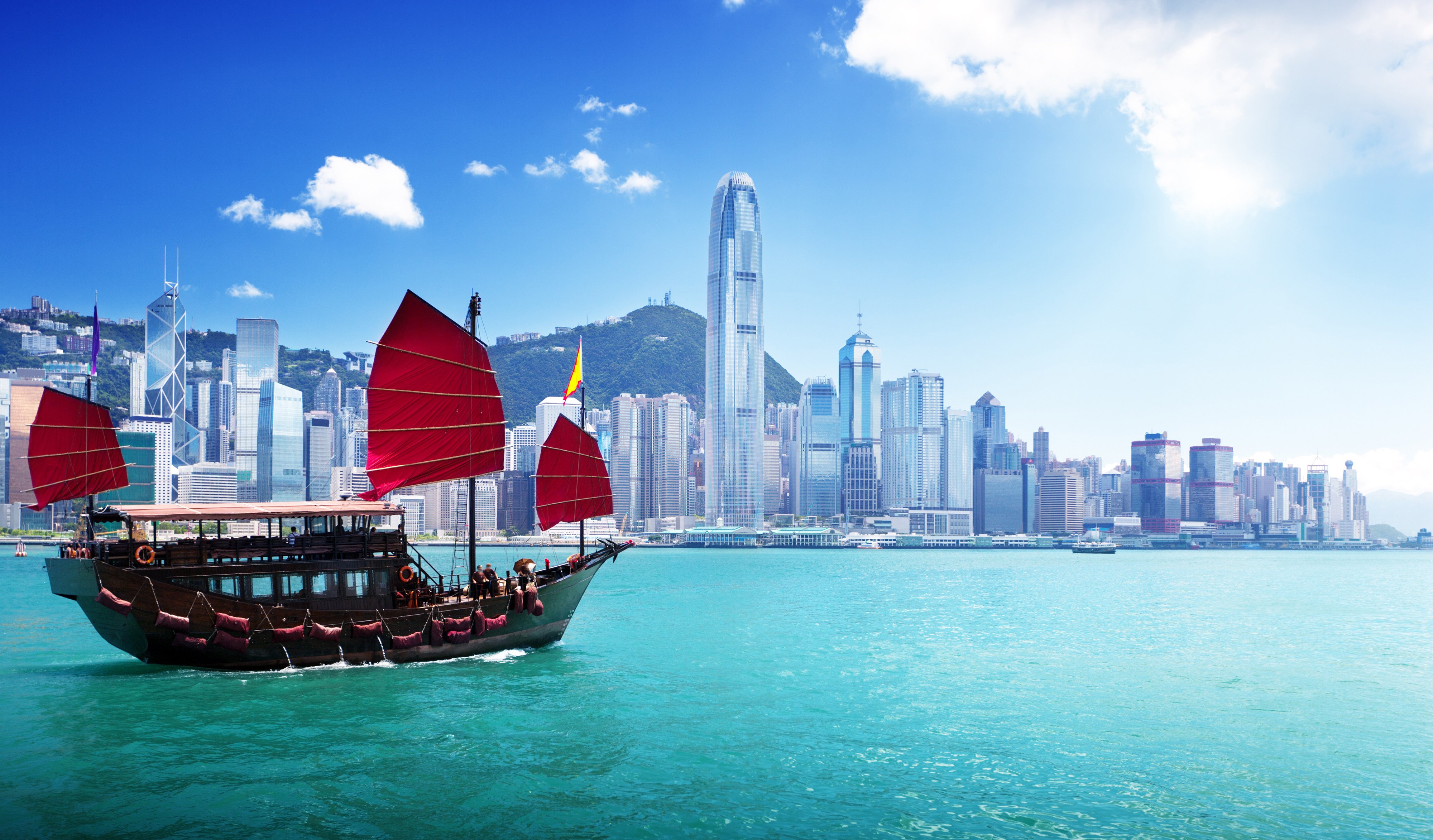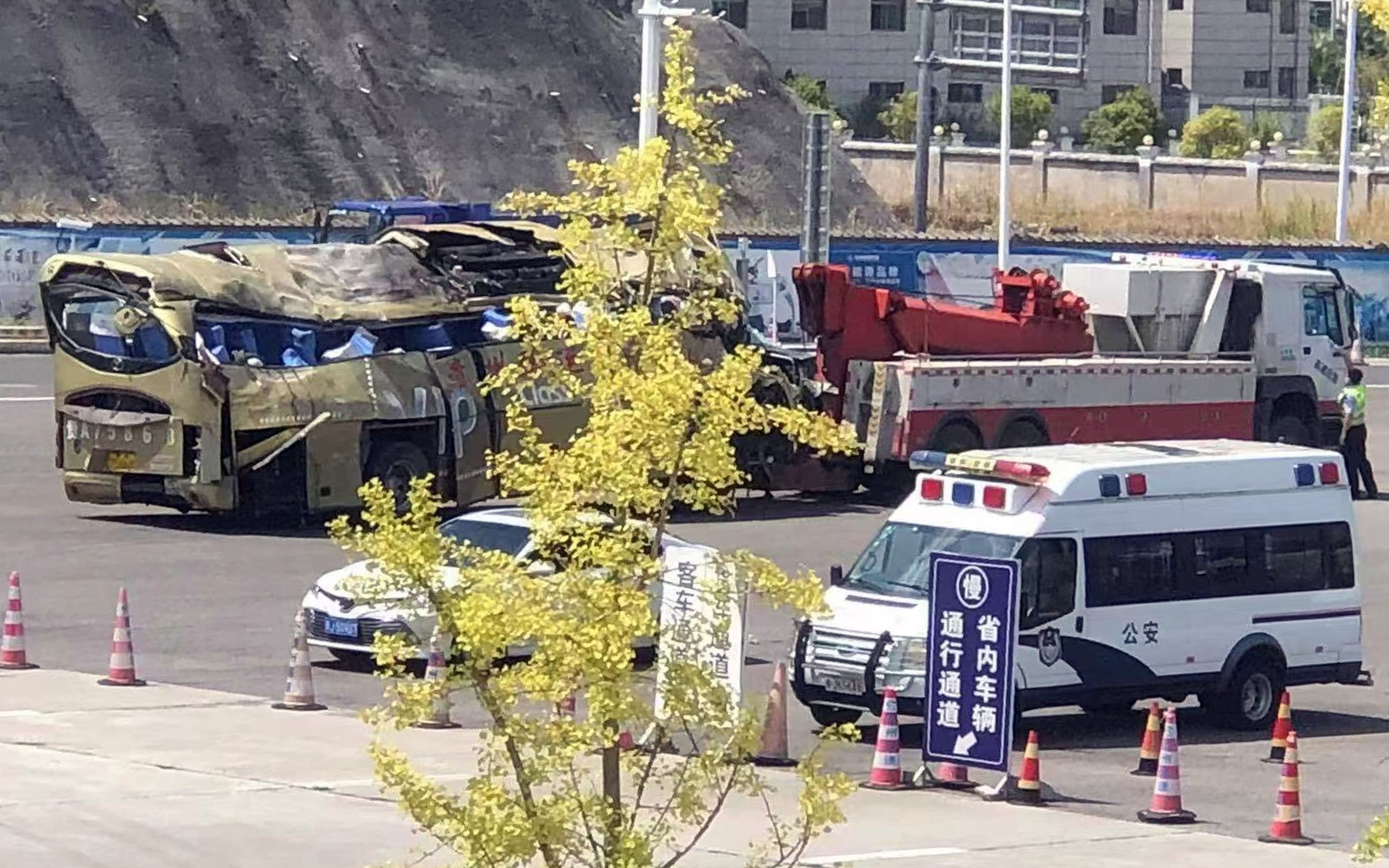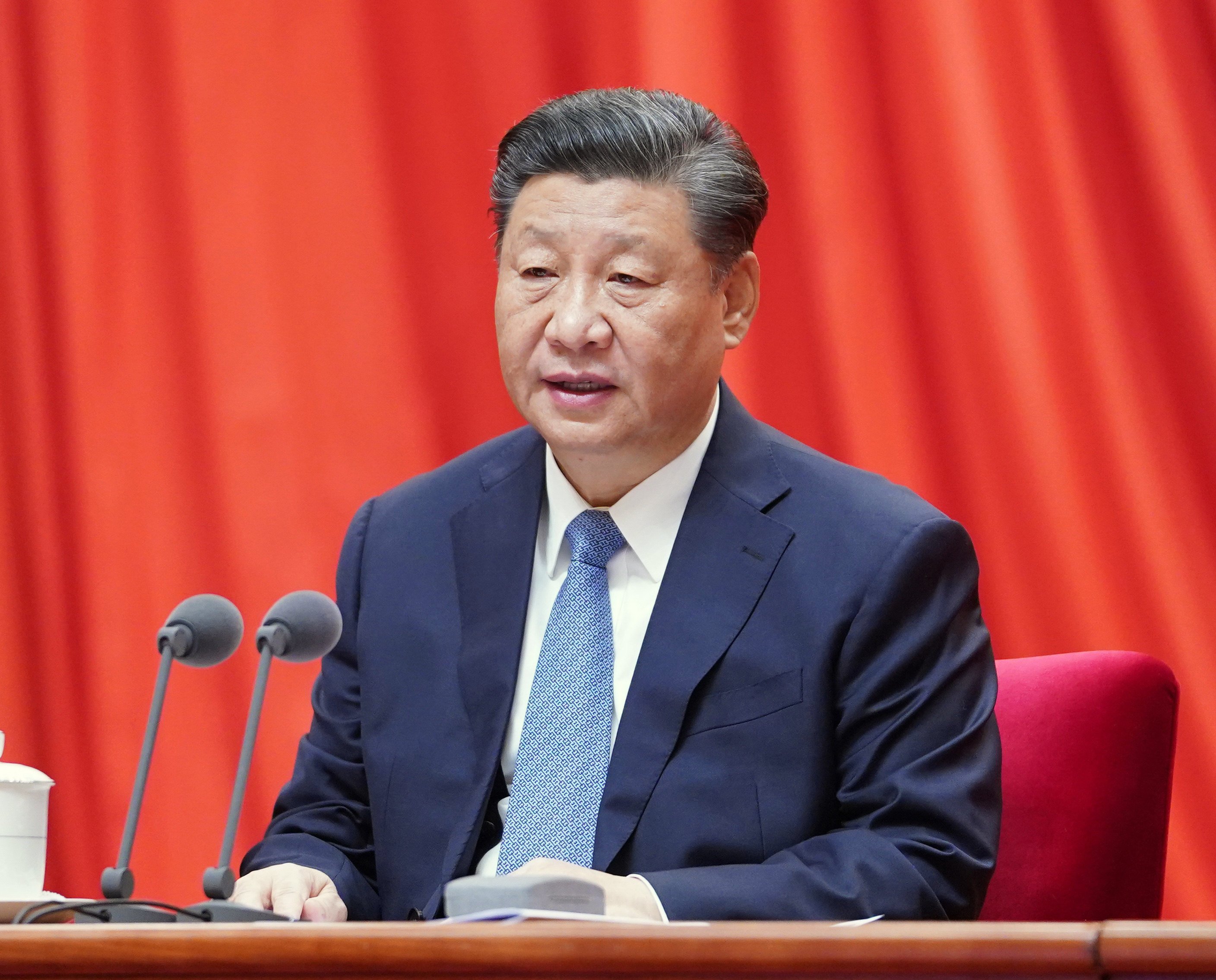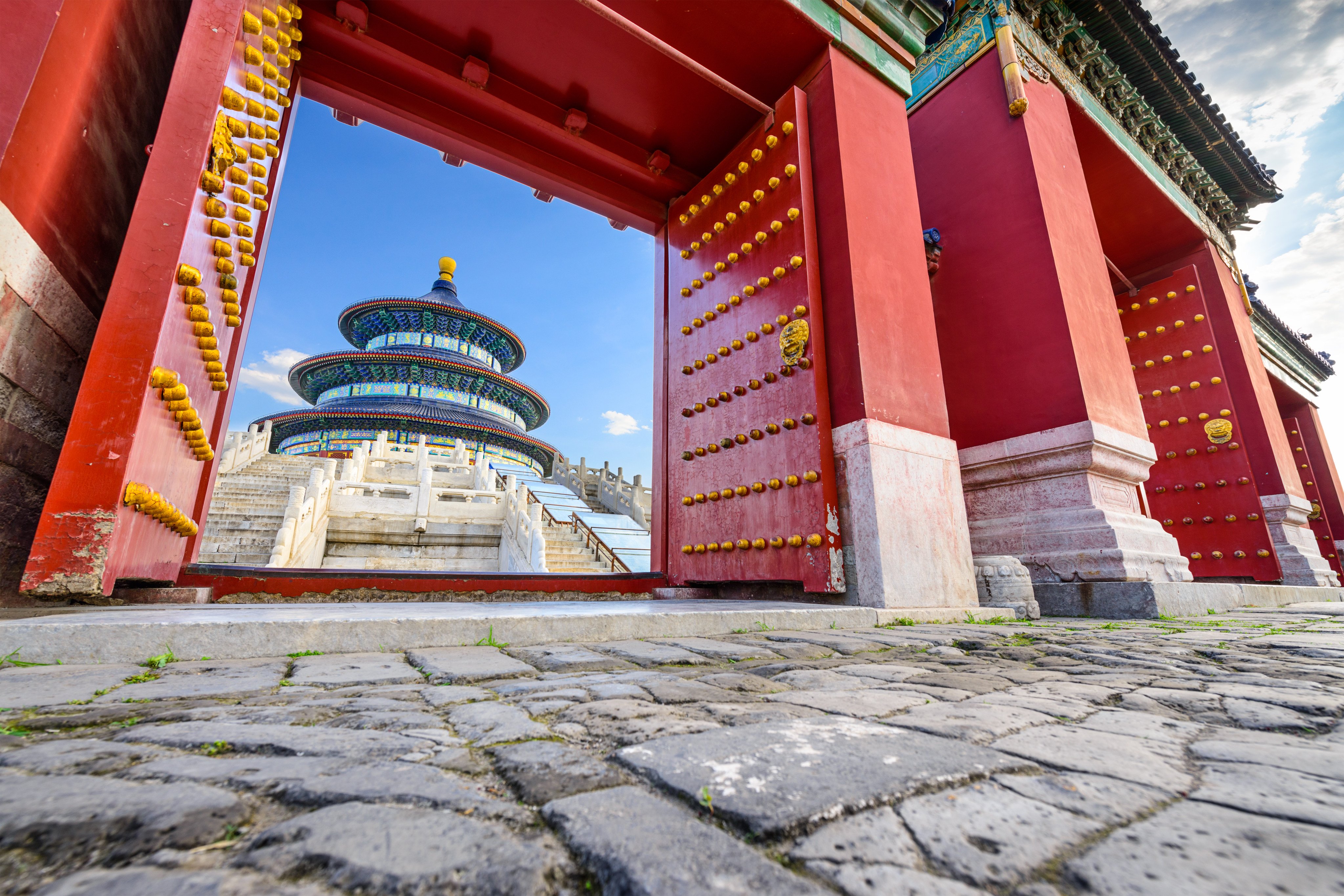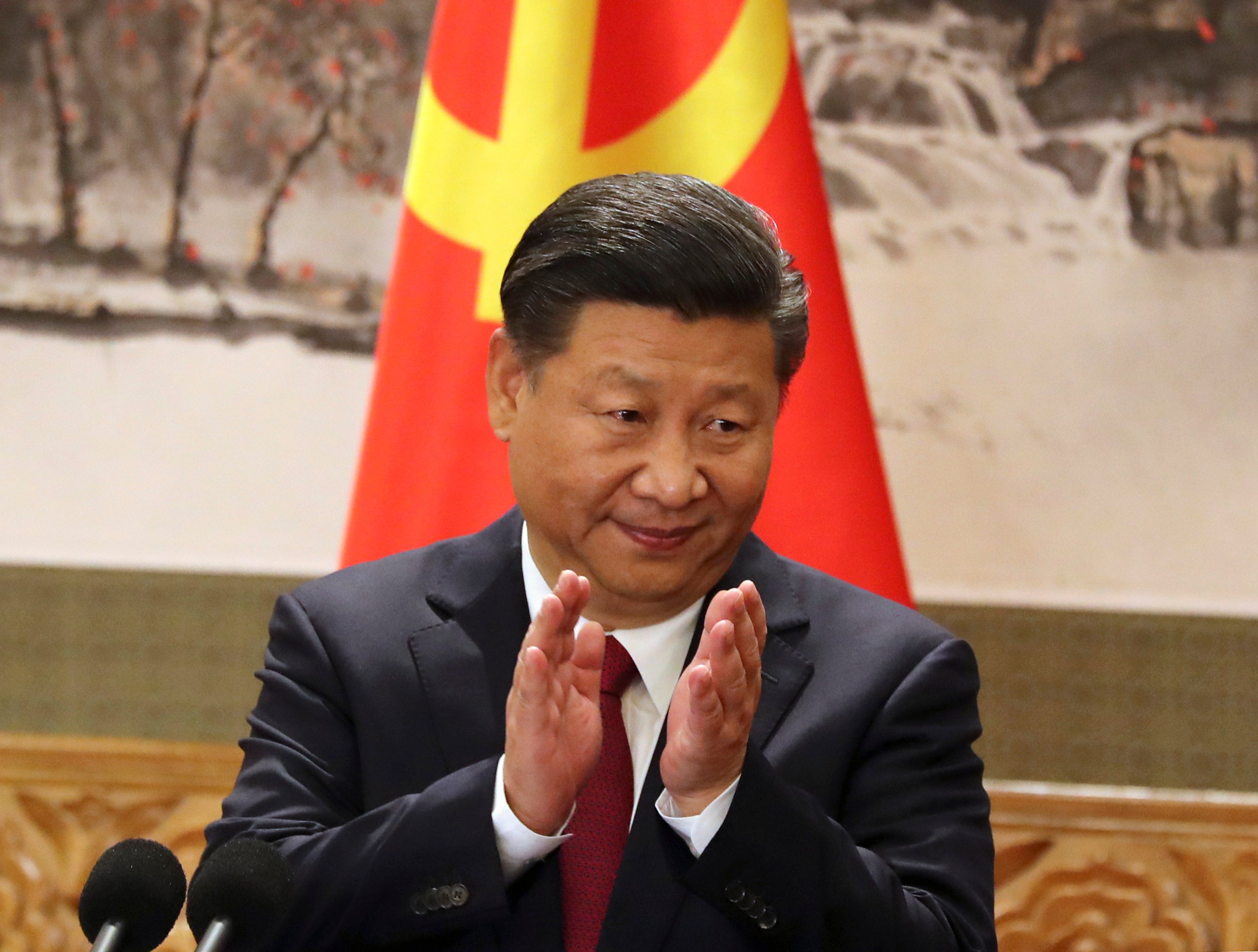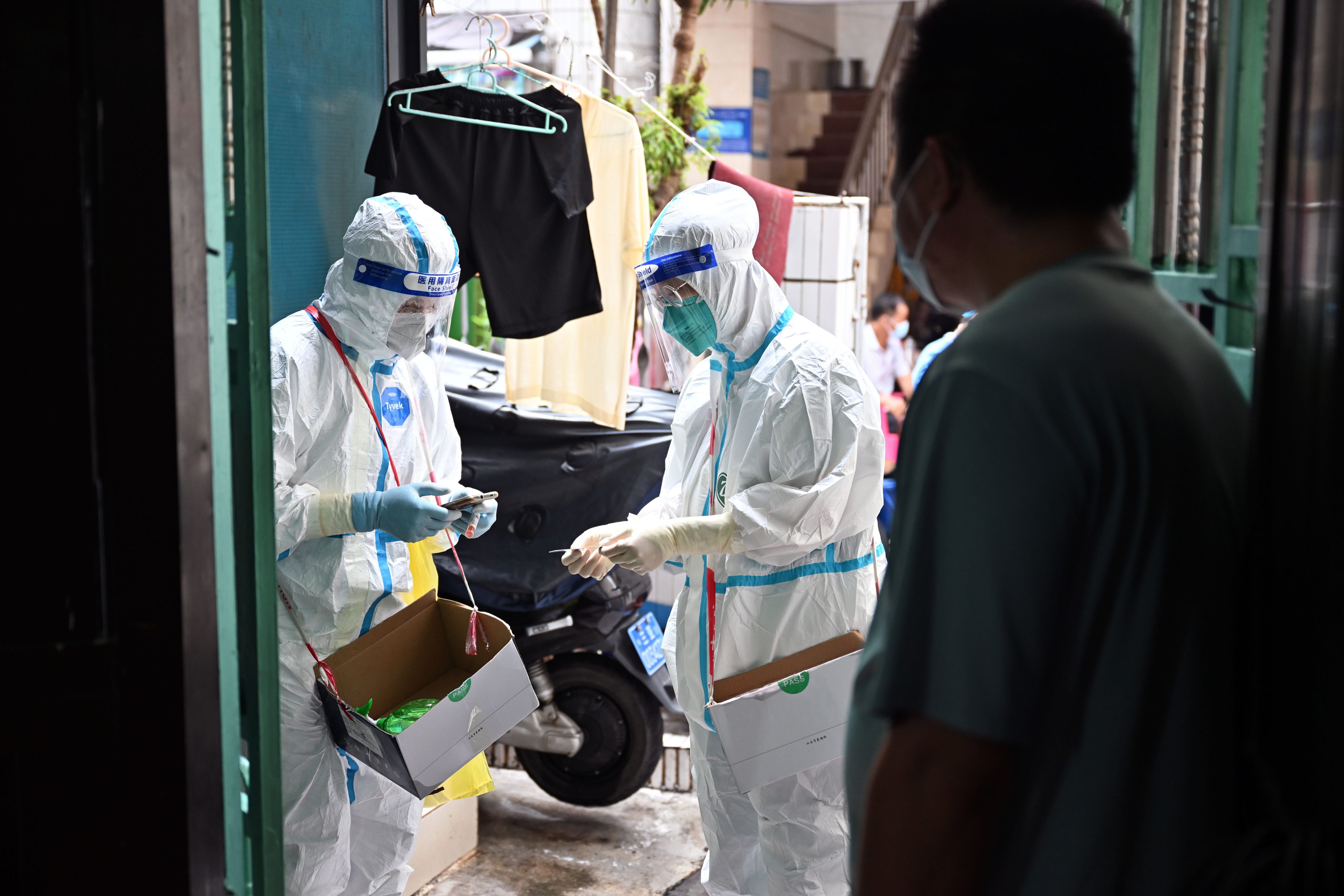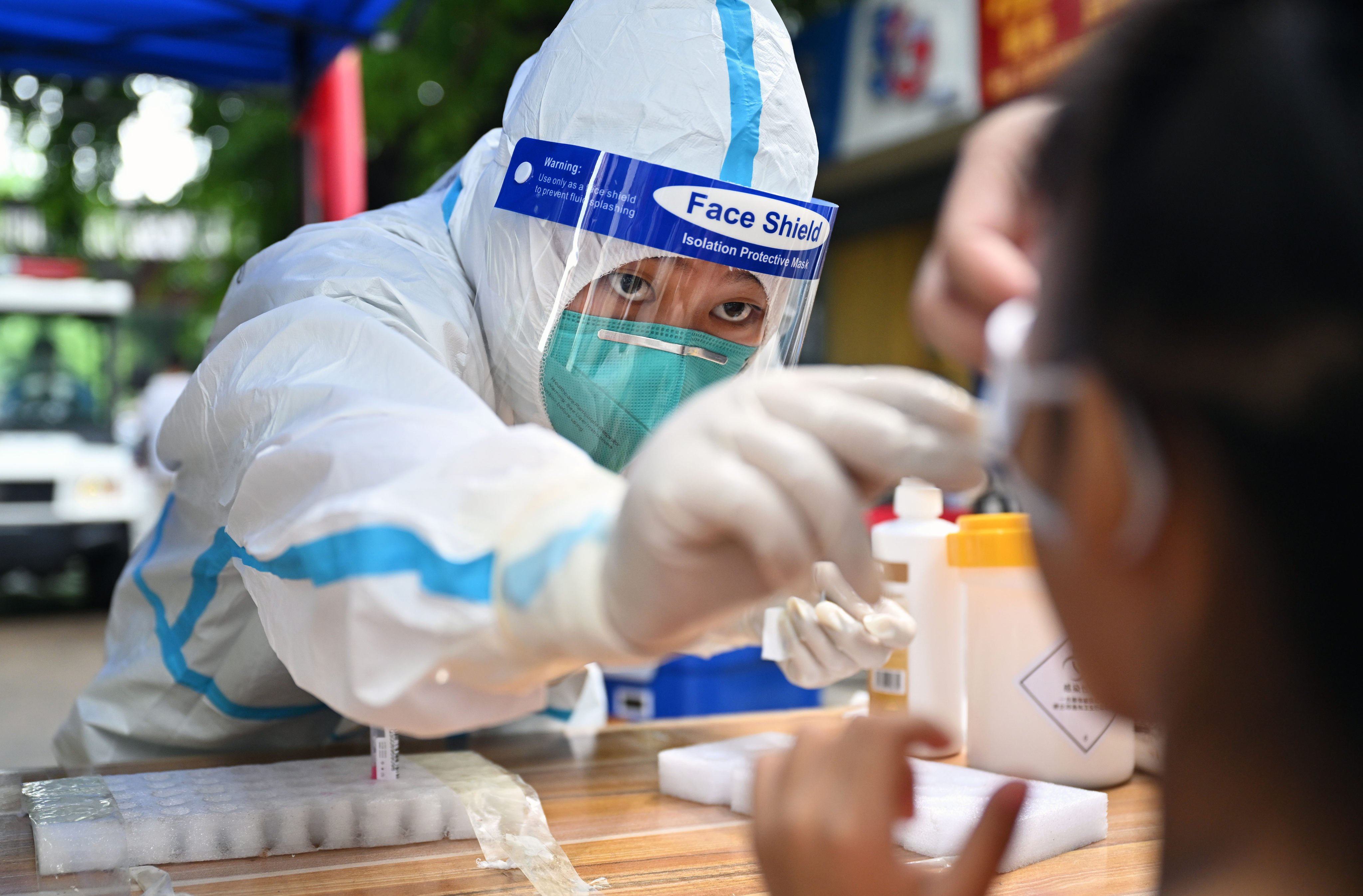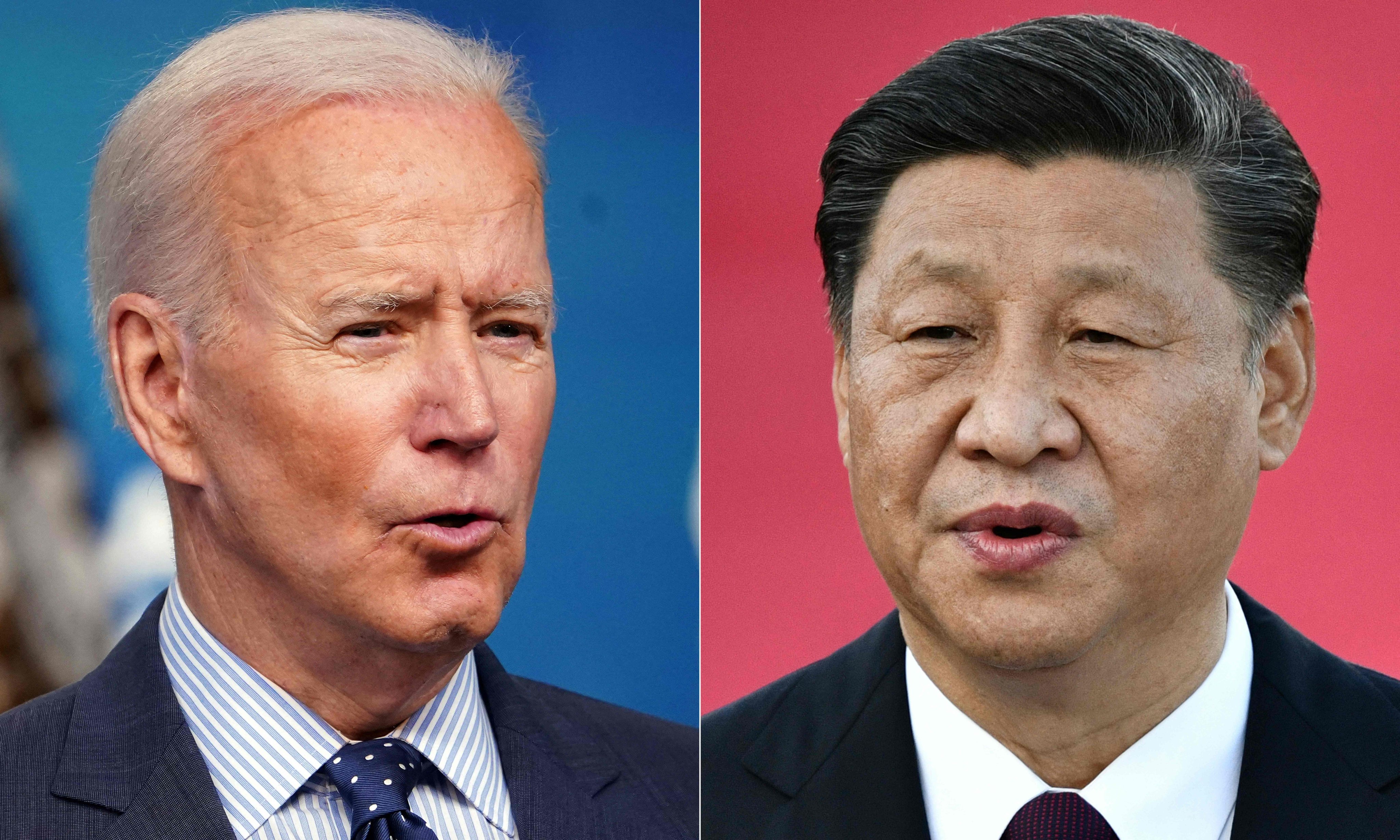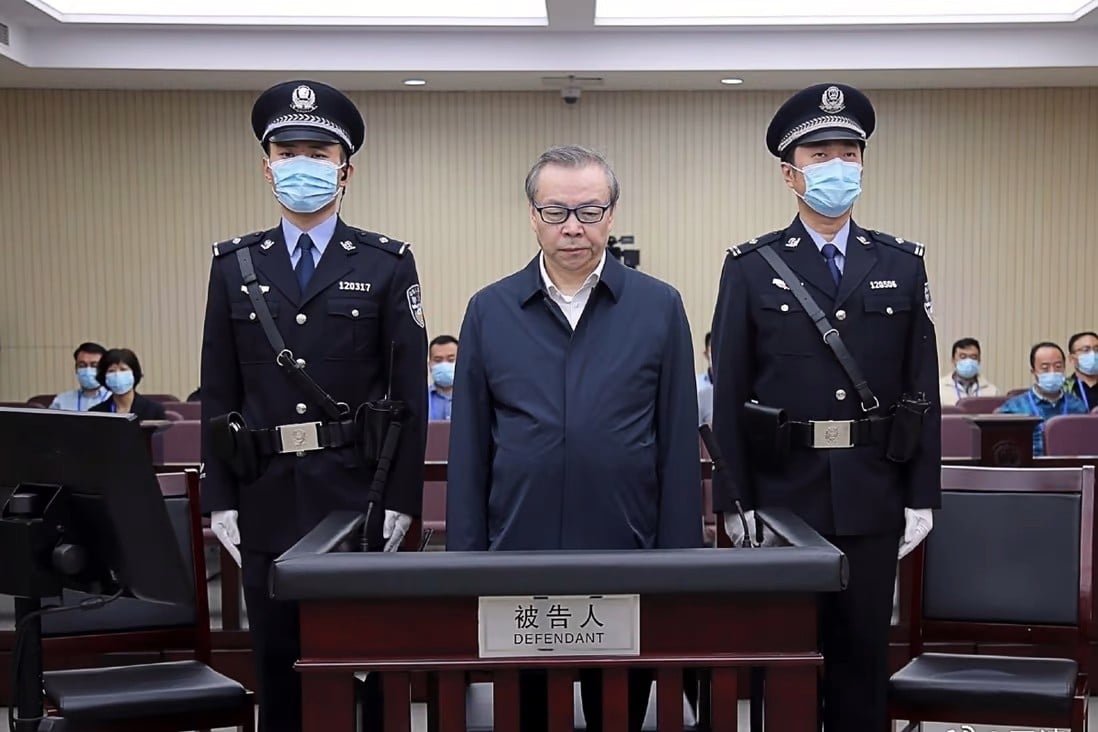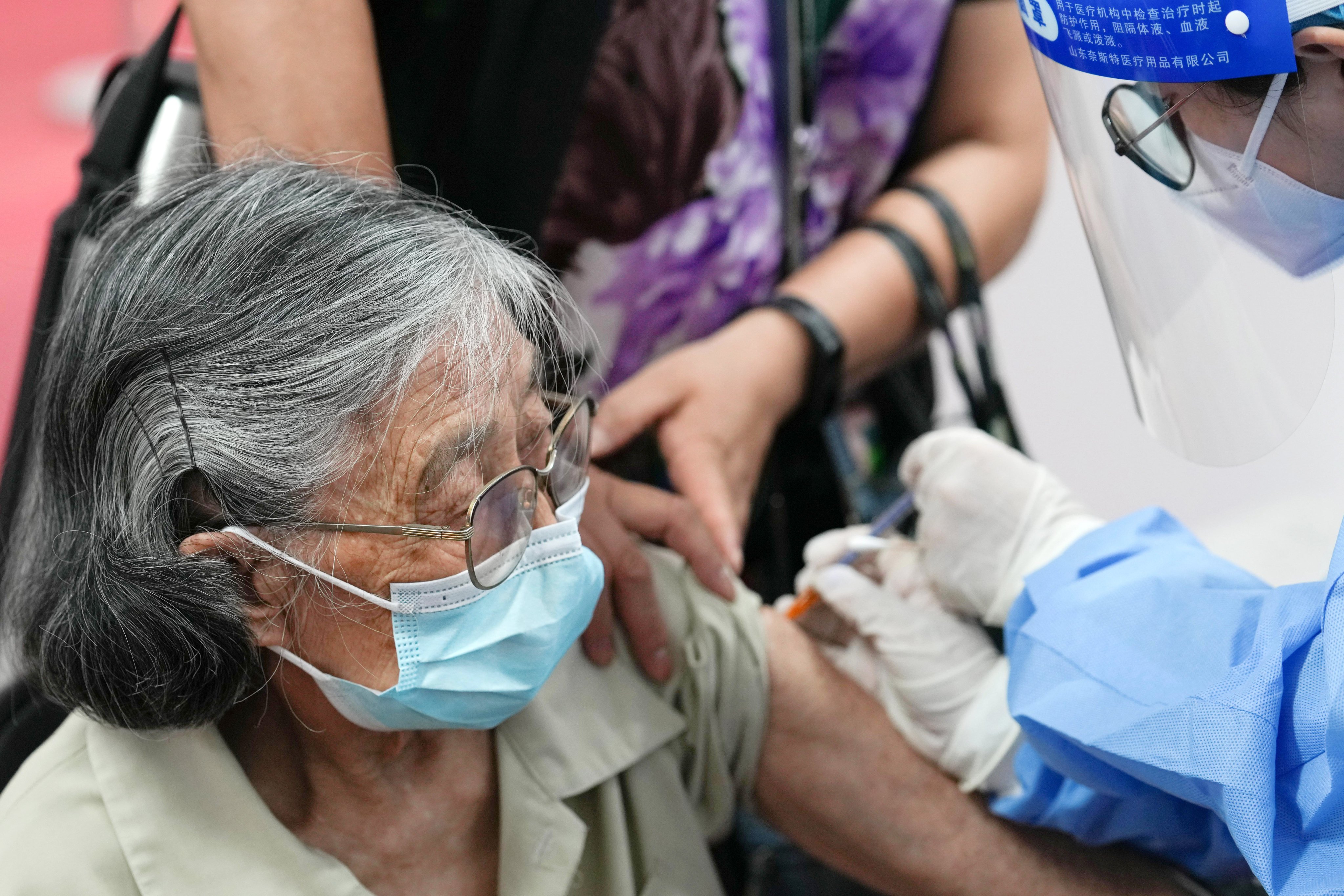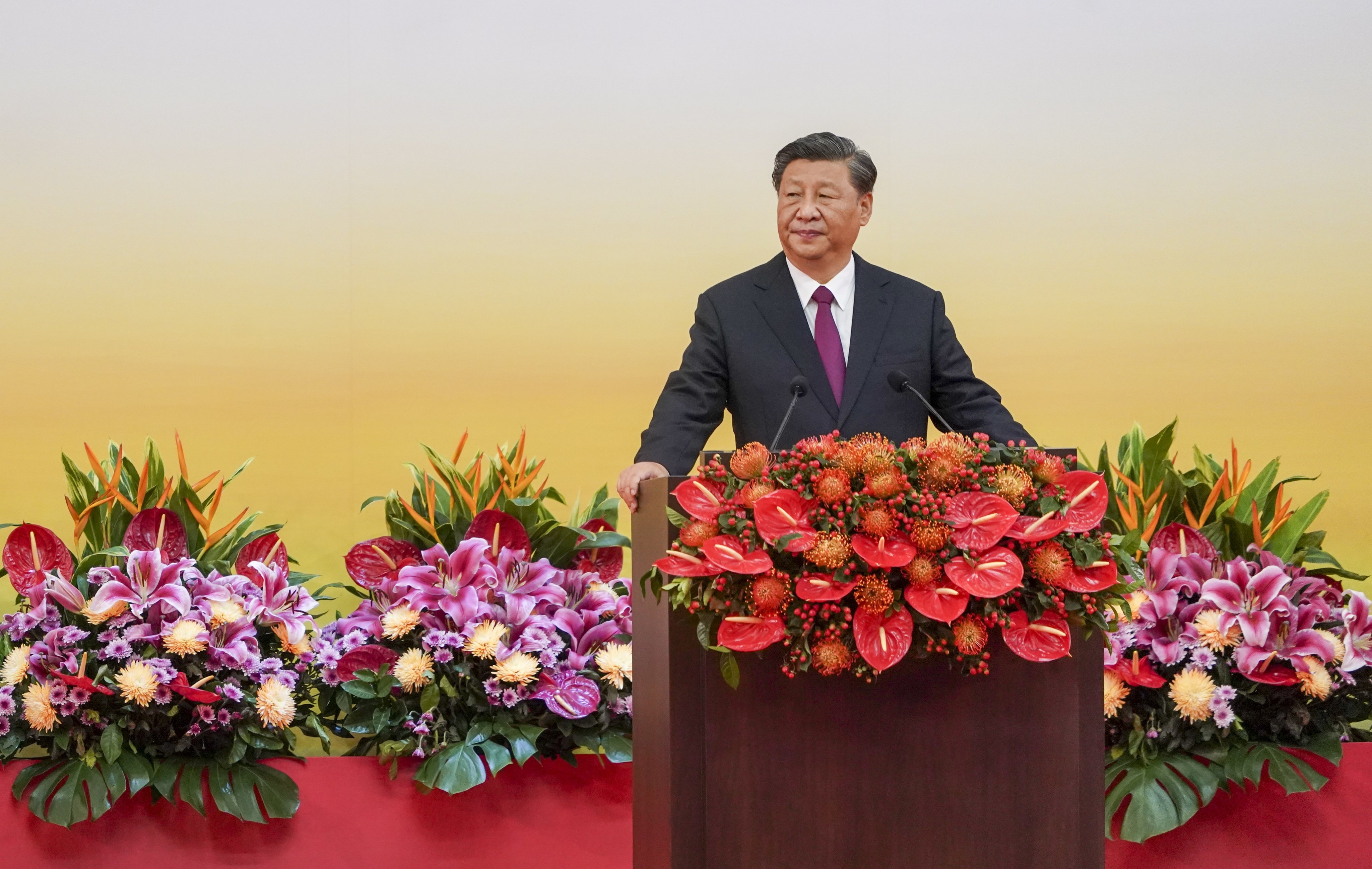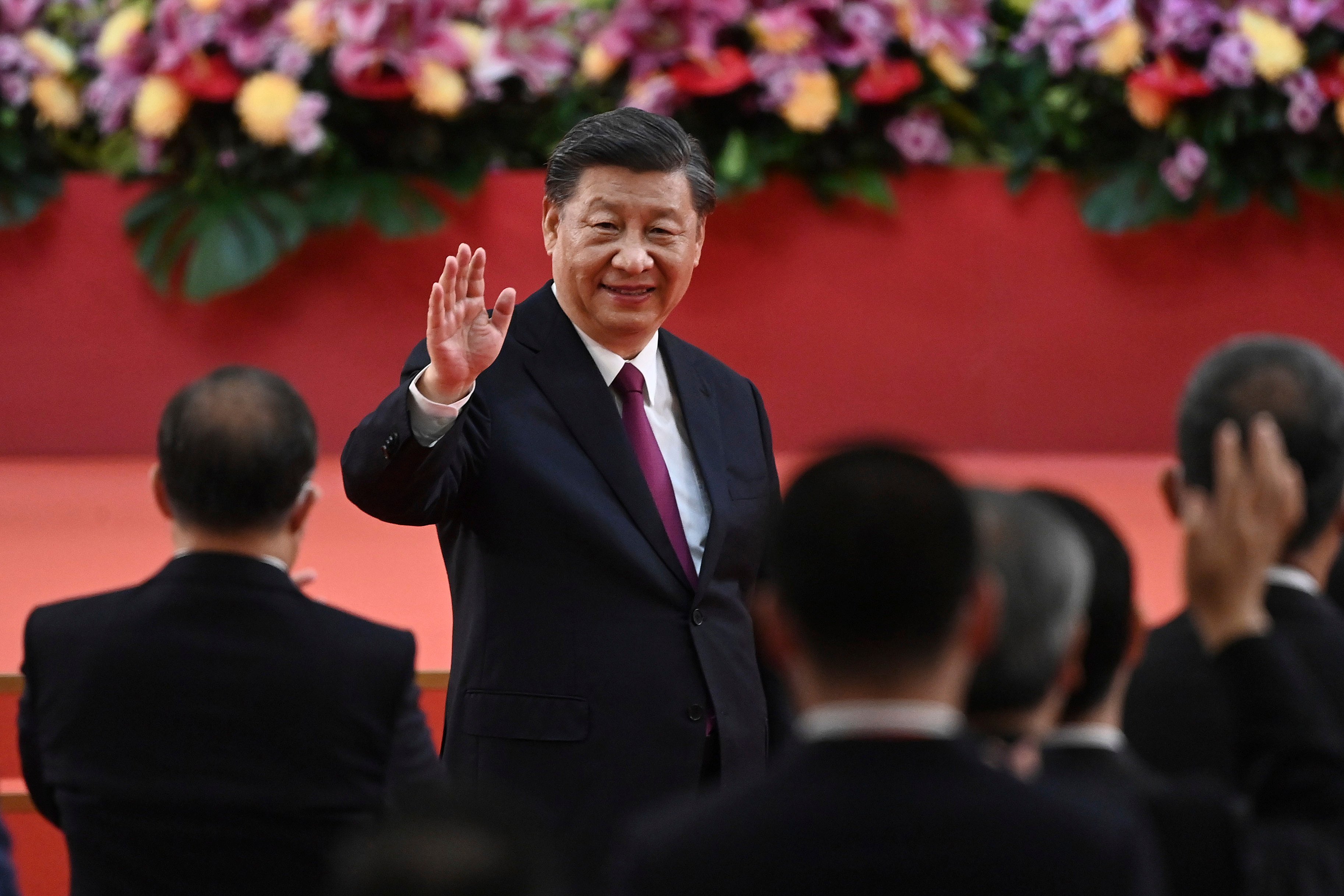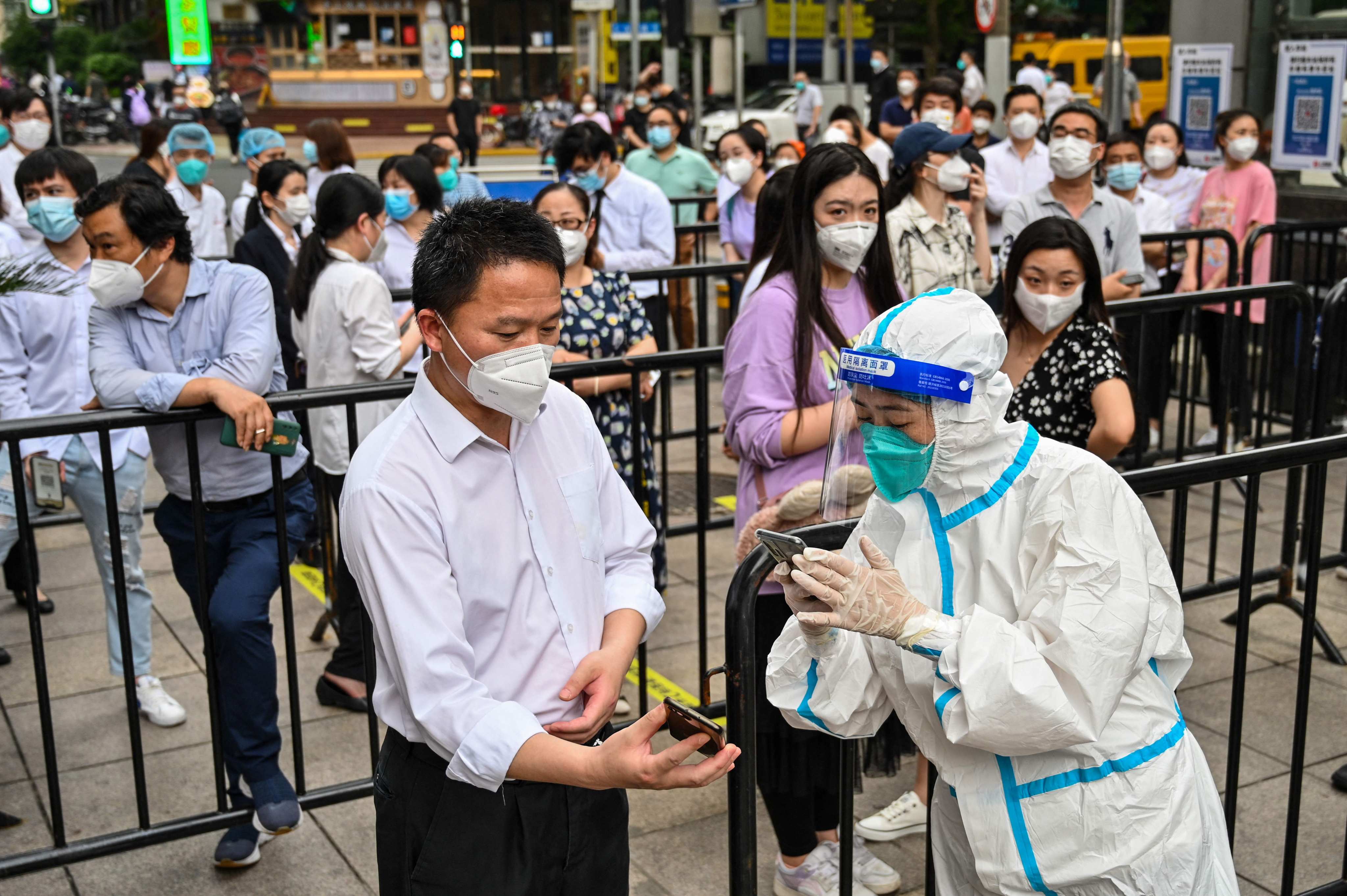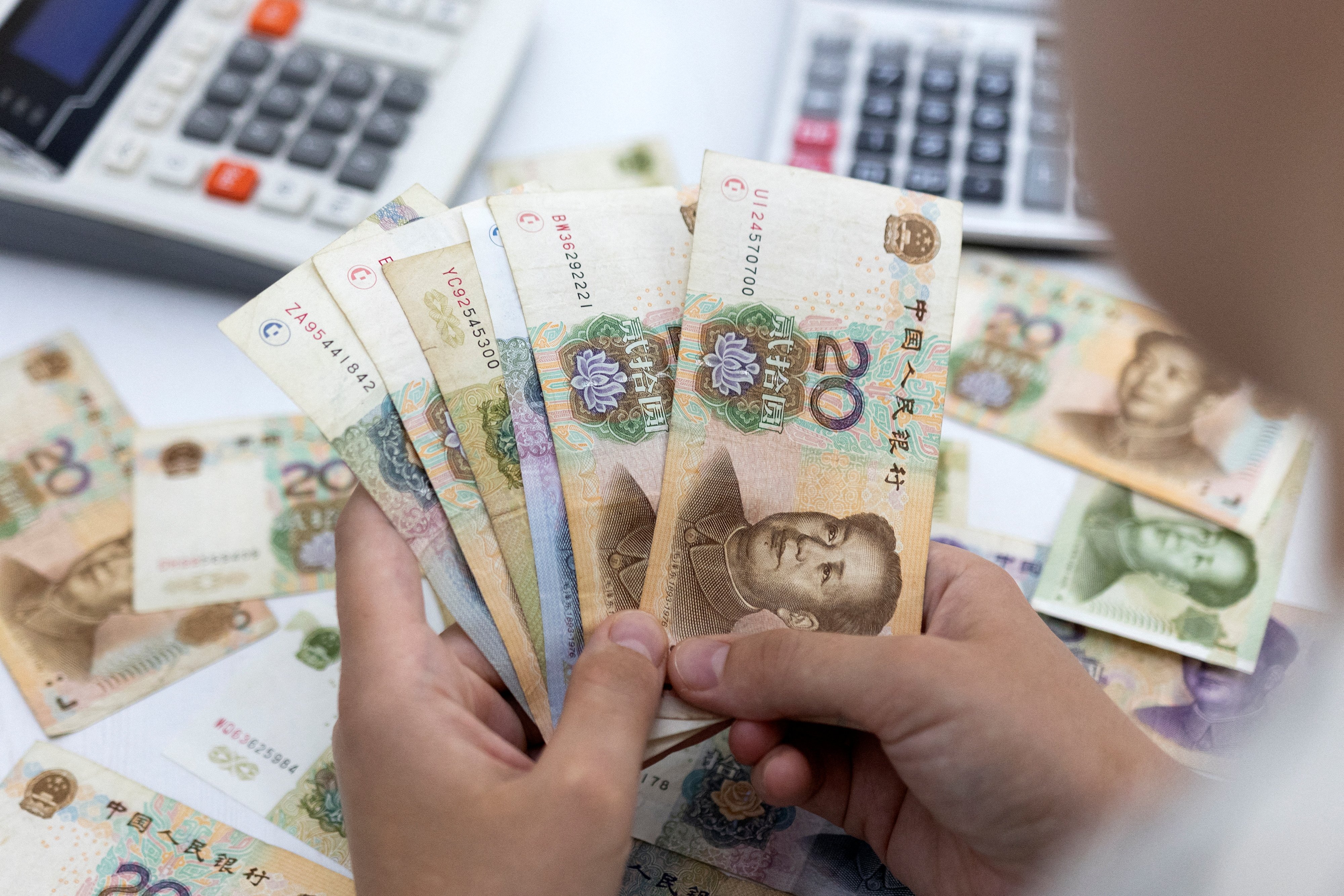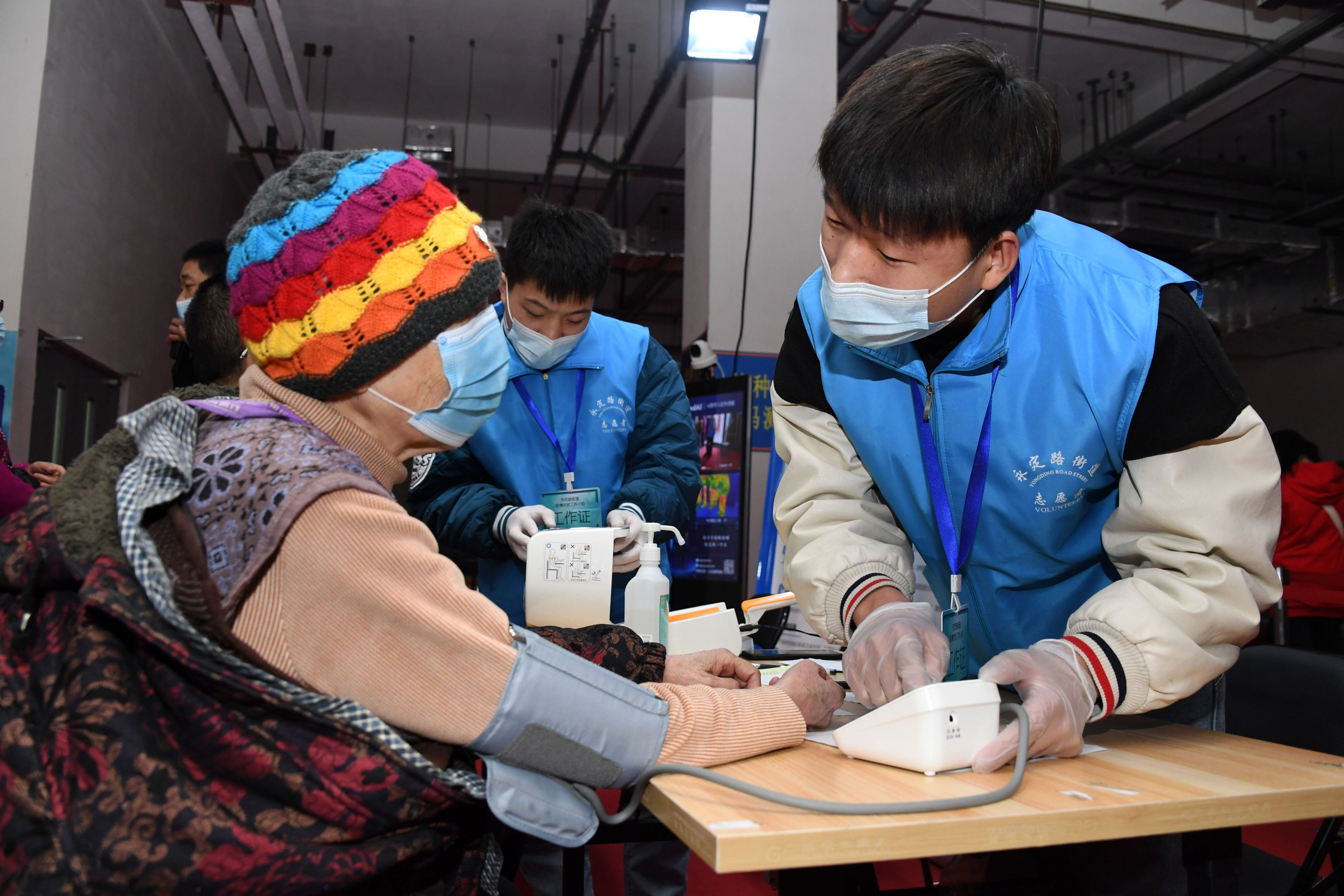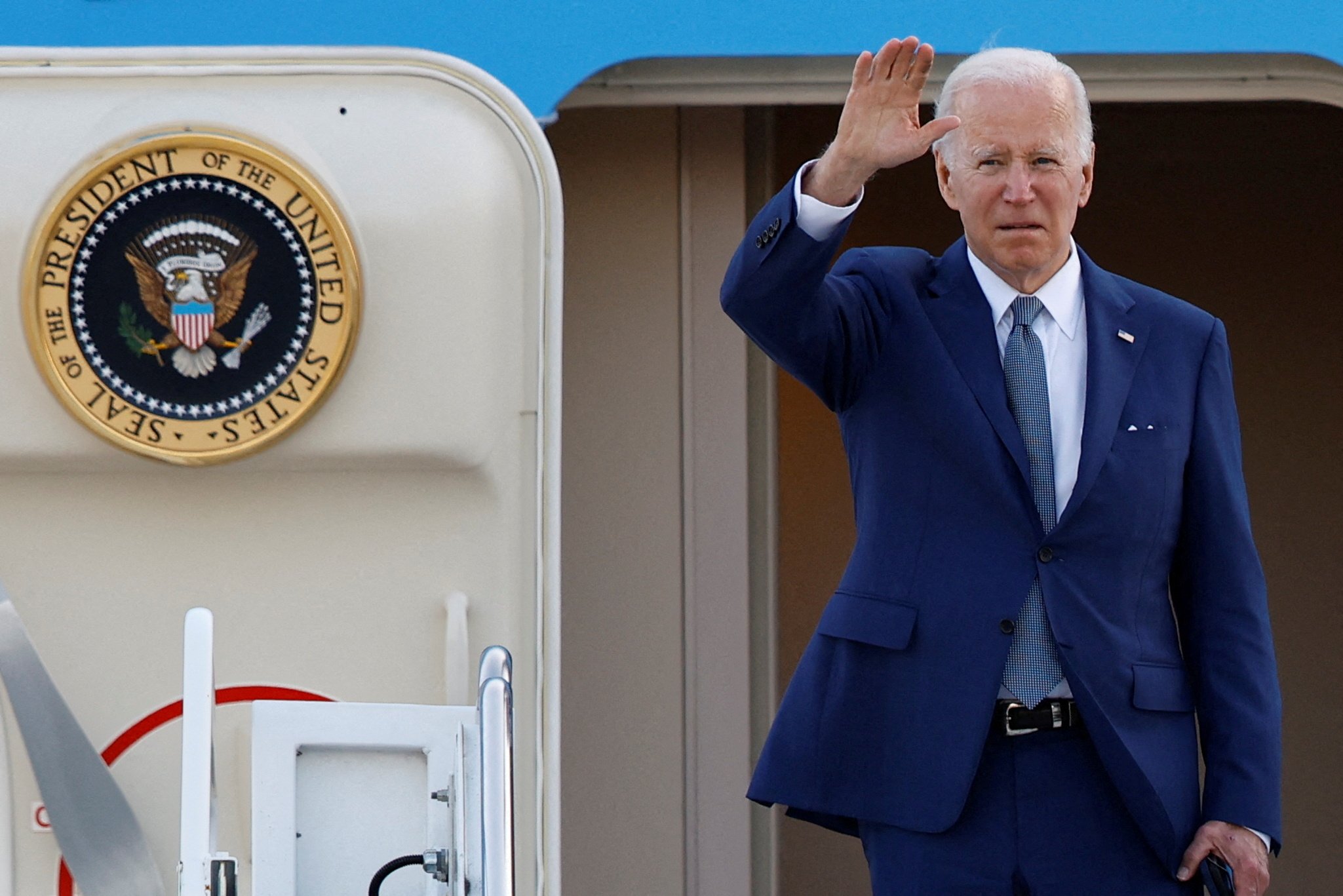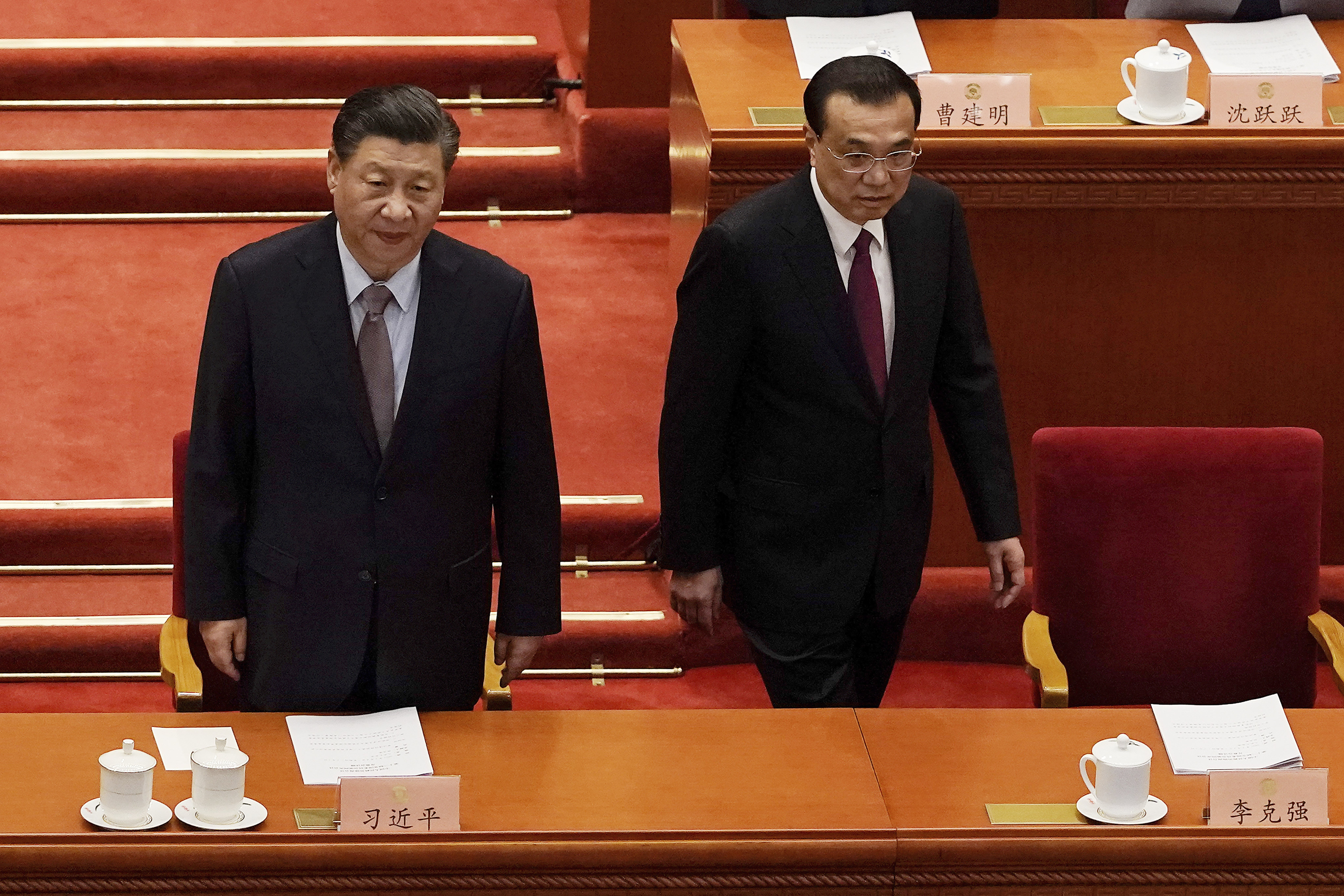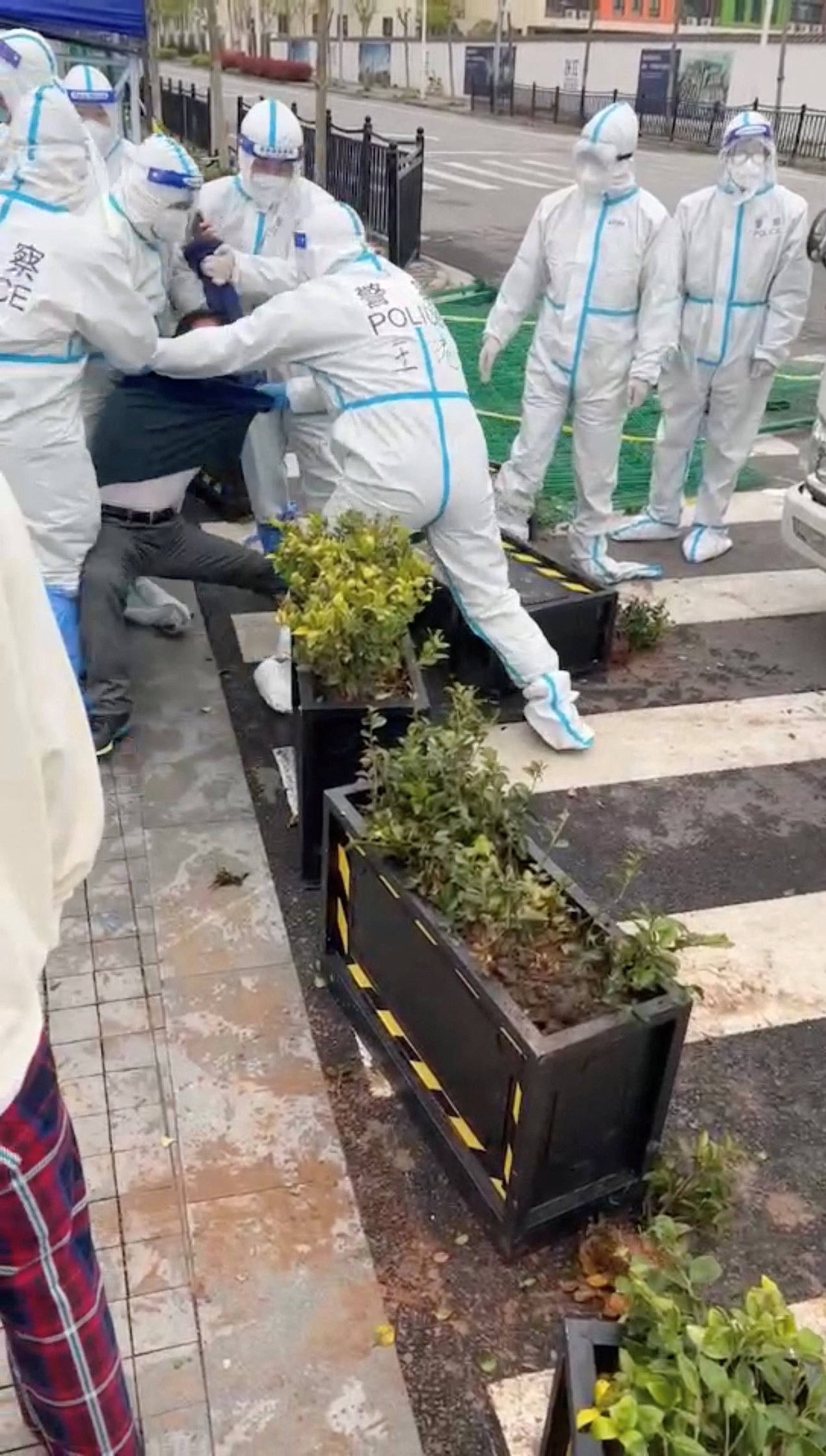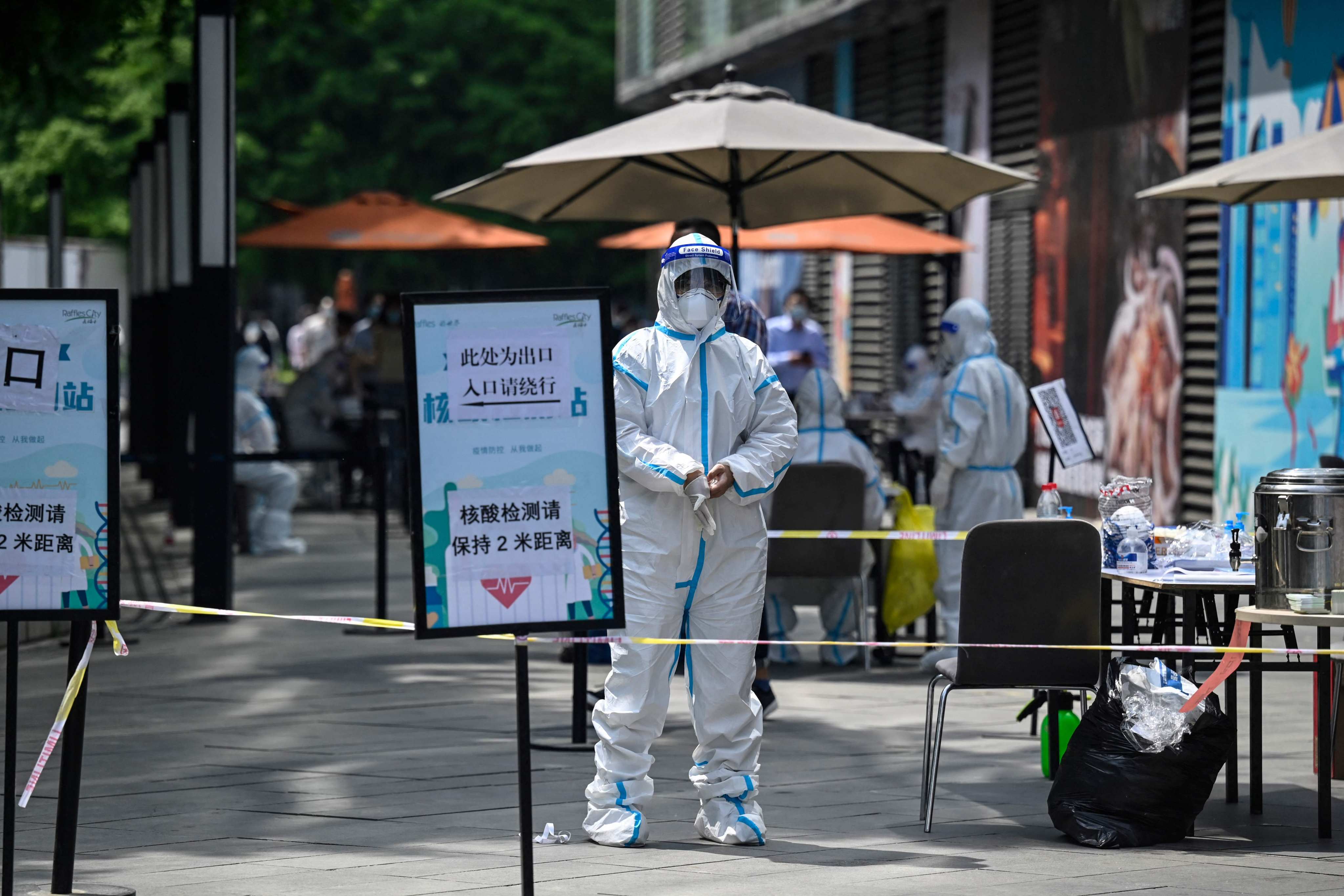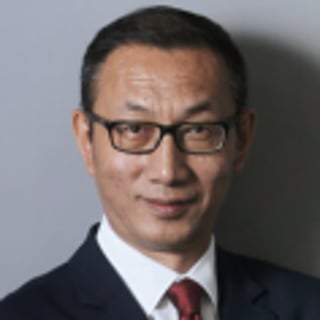
The chief executive should set a bold target of eradicating the long-time problem of substandard housing by 2032. What he needs is to take a whole-of-government approach to resolving the issue, as Xi Jinping did to tackle poverty.
Setting up a special bureau to look over business owners’ shoulders misses the mark. Beijing needs to stop harassing private firms, rethink its anti-corruption drive and trim the bureaucracy – nothing short of a mind-set change.
If Beijing had come clean about the reasons for Qin’s dismissal and been willing to address media questions, it might have incurred nothing more than embarrassment.
Beijing and Washington must take full advantage of their return to high-level talks to snuff out dangerous speculation about an impending war in the Taiwan Strait. As long as Taiwan does not declare independence, war is highly unlikely.
Beijing is rolling out the red carpet for top overseas executives to show it is open for business again. Yet it is also expanding its ability to stop people from leaving the country – sometimes just because they work for the wrong people.
While there is little doubt Hong Kong is back, genuine concerns about its future remain, particularly the scope of the national security law and how Beijing views the city’s role. Hong Kong needs to defend and promote the unique strengths of its common law system.
In recent days China’s leaders have been going all out to reassure investors that it is committed to reform and opening up. There are reasons to believe Beijing is serious this time, having realised the crucial role the private sector must play to revitalise the economy.
The ultra-leftist revival threatens Xi’s plans to revive the economy and turn China into a dominant world power by 2049. It’s time to curb these ultra-nationalistic tendencies and return to pragmatic reform and development.
Economic setbacks and political uncertainty have dented the city’s confidence, but it remains a world-class hub for business and finance. Now is not the time to shy away from free-market practices or simply accept a supporting role in China’s development.
Beijing has had nearly three years to prepare for pandemic controls to be lifted and learn from other countries – so how has it messed this up?
Wang Xiangwei, the Post’s former editor-in-chief, reflects on his career as a journalist, reporting on China, the need for a hiatus, and why he wants to return to Hong Kong.
A fatal quarantine bus crash in Guiyang this month triggered an outpouring of anger and grief at the devastating impact of China’s zero-Covid policy. But stamping out the virus is now a political imperative, to be achieved whatever the cost.
Nearly 5 million party members have been caught in China’s anti-corruption dragnet over the past decade. Yet a decisive victory still looks elusive, despite claims to the contrary.
Fierce debate over a recent academic article on China’s closed-door policies of the past lays bare the unease being felt – both at home and abroad – over how long its present-day zero-Covid isolation will last.
China’s new leadership line-up could be finalised by the end of September, if officials follow a similar timetable to the last congress. But don’t expect any straw polls – or to find out who made the cut until the final day.
My family’s Hainan holiday nightmare is more than a cautionary tale for travellers in zero-Covid China. It’s a story of local officials ignoring direct orders from Beijing – and an arbitrary, abusable health code system being used for social control.
Despite each of us testing negative for Covid-19 more than a dozen times, my family and I remain stranded on the island province amid its current outbreak – and we could be here for weeks to come.
In a phone call with US President Joe Biden on Thursday, President Xi Jinping warned against playing with fire over Taiwan. In 1950, the US ignored China’s warning of ‘yao guan’ about Beijing intervening in the Korean war, resulting in strained relations until the 1970s.
Embezzling several thousand yuan was once enough to trigger capital punishment, but Lai Xiaomin’s execution last year for taking more than US$260 million seems to have set a new minimum.
The Chinese capital’s attempt to compel its residents to get vaccinated was met with such a backlash that the authorities are unlikely to try it again soon. But that would be a great shame.
Xi Jinping emphasised at 25th anniversary celebrations the importance of maintaining city’s system of common law, tackling vested interests and retaining that which enhances its unique position and role.
China’s leaders cannot afford to wait for the virus to go away before undertaking international travel, especially as unfavourable views of China persist in many advanced economies.
A recent scandal in Henan province that saw protesters issued bogus red health codes to restrict their movements shows how open the system is to misuse.
As growth falters and unemployment rises, China’s current leadership could learn much from Mao Zedong’s theory of ‘walking on two legs’ to avert an economic crisis – and issue vouchers to boost consumer spending.
Less than half of China’s over-80s are double jabbed, yet the central government seems intent on making testing a permanent feature of daily life instead of formulating a plan to get the most vulnerable in society inoculated against Covid-19.
It’s hard to overstate the implications of the US president’s so-called blunders. He should know better than goading China into a military confrontation neither side wants.
On the surface, all seems well. But behind closed doors, rumours swirl of a split among China’s top leaders on how to deal with a flagging economy – and of a diminished role for President Xi Jinping in deciding who will run the country next.
Forcing people into quarantine centres even if they test negative and disinfecting homes without permission both represent an overstep of officials’ authority, Chinese legal experts have warned.
Beijing eventually relented on its Big Tech crackdown and is likely to do the same with its virus suppression strategy. Just don’t expect a sudden change – too much political capital is at stake.

